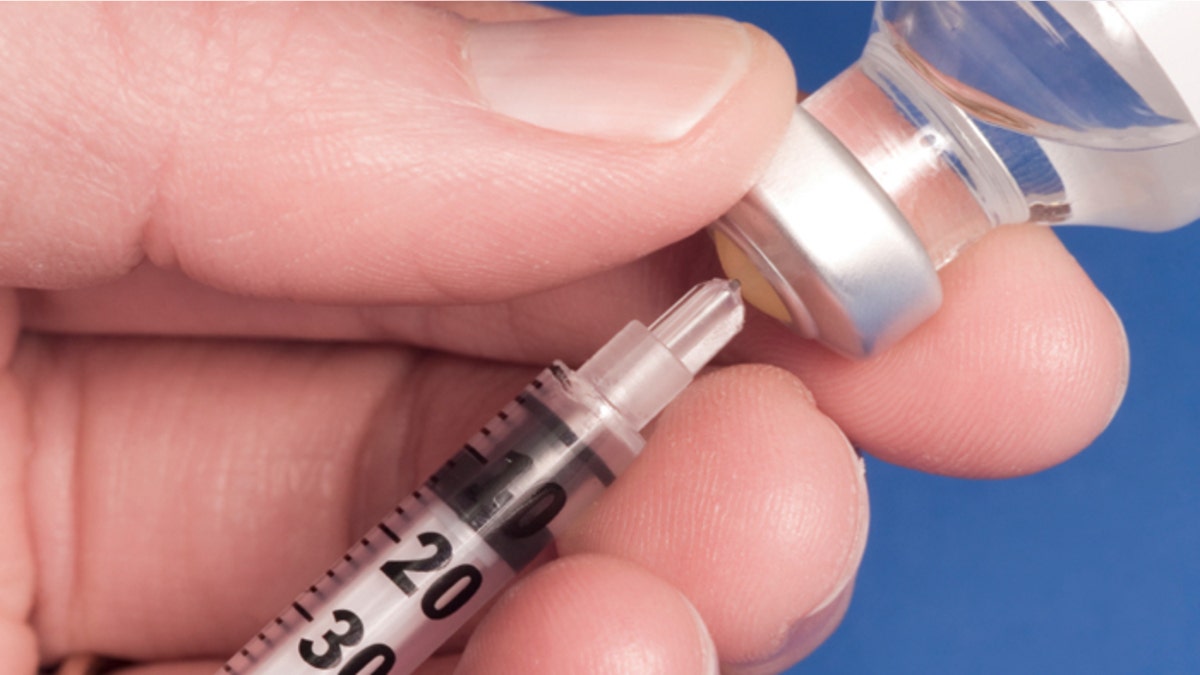
For type 1 diabetics, monitoring blood sugar levels can be difficult, time consuming and even dangerous if a dose is miscalculated. Now researchers have developed a “smart” insulin that automatically adjusts blood sugar, which could potentially make life much easier for those who suffer from the disease.
A team of researchers at the University of Utah Health Sciences began the project in 2011, creating what they call Ins-PBA-F, a long-lasting "smart" insulin that self-activates when blood sugar levels rise. In tests, one injection of Ins-PBA-F worked for a minimum of 14 hours on mouse models for type 1 diabetes. The substance was effective at repeatedly and automatically lowering blood glucose after mice were given sugar.
“Basically, we put a ‘glucose sensor’ on the regular insulin molecule so that the modified insulin could sense glucose,” said Dr. Danny Chou, study author and assistant professor of biochemistry at the University of Utah.
Ins-PBA-F consists of a long-acting insulin derivative with a chemical component called phenylboronic acid (PBA) added to one end. Ins-PBA-F works by binding to serum proteins that circulate in the bloodstream, blocking activity. When blood sugar levels rise, glucose sugars bind to PBA, prompting the release of Ins-PBA-F.
Chou told FoxNews.com that Ins-PBA-F acts more quickly and is more effective at lowering blood sugar than a commercial long-acting insulin detimir, marketed as LEVIMIR. Tests showed the speed in which blood glucose was lowered to a safe level with Ins-PBA-F in diabetic mouse models was the same as healthy mice with blood sugar regulated by their own insulin.
According to the American Diabetes Association, miscalculating doses of insulin can result in serious health problems. Hyperglycemia, or high blood sugar levels, may cause long-term risks of heart disease and blindness. Hypoglycemia, or blood sugar levels that are too low, could result in coma or even death. Ins-PBA-F would eliminate the need for additional boosts of insulin and reduce the dangers that come with inaccurate dosing.
Researchers predict Ins-PBA-F would be safe enough to use on a daily basis, because it is a chemically modified version of a naturally occurring hormone.
“We hope that smart insulin could reduce the burden for people with diabetes by decreasing the frequency of insulin injections and help them better manage blood glucose profiles to prevent short and long-term complications,” Chou said.
Researchers will continue to evaluate the long-term safety and efficacy of Ins-PBA-F, and predict beginning human clinical trials in two to five years.
The findings are published in Proceedings of the National Academy of Sciences.
